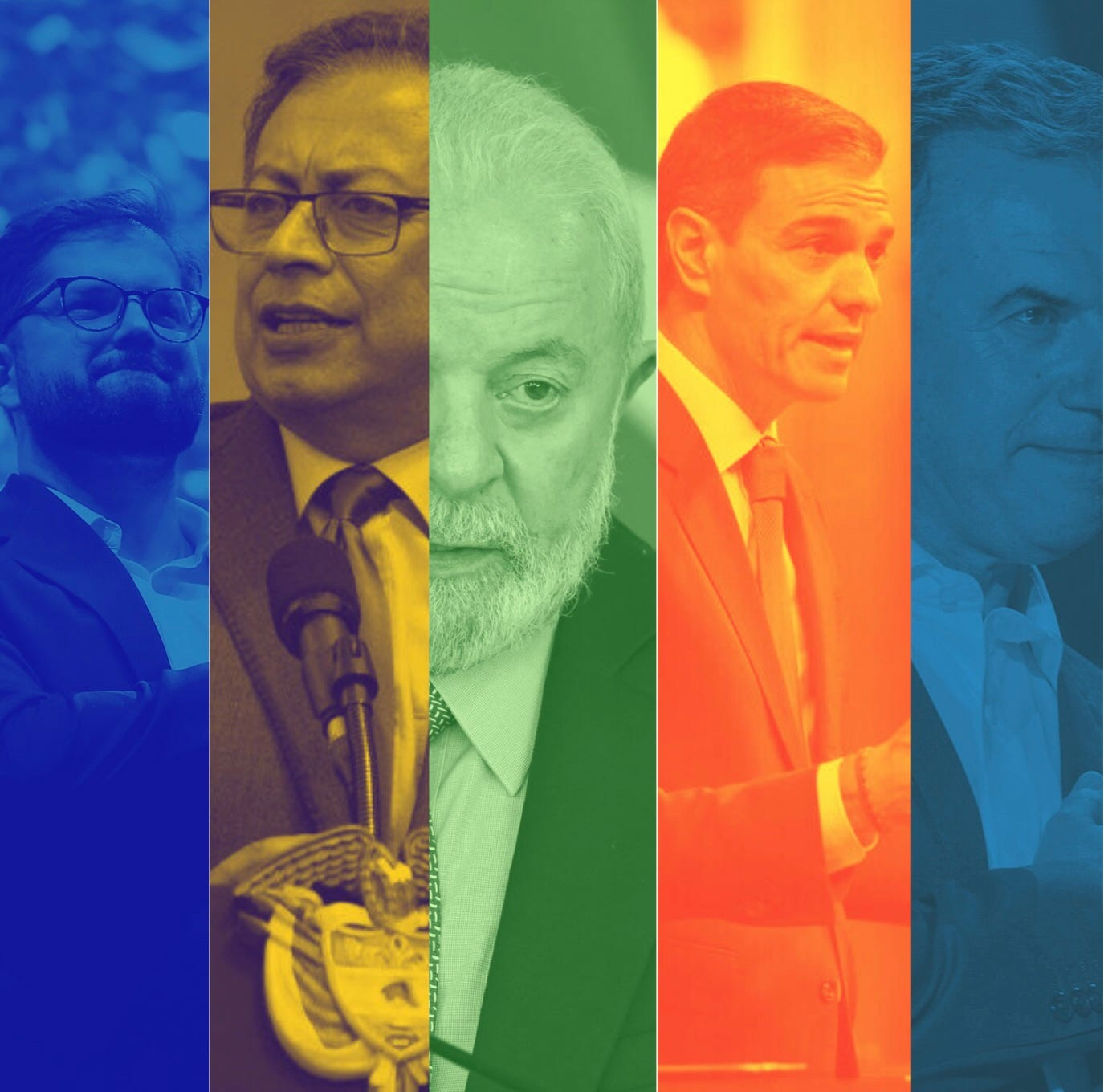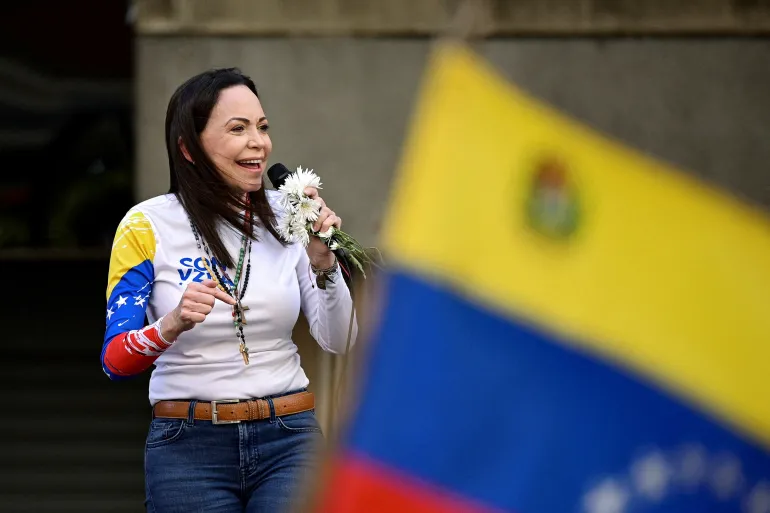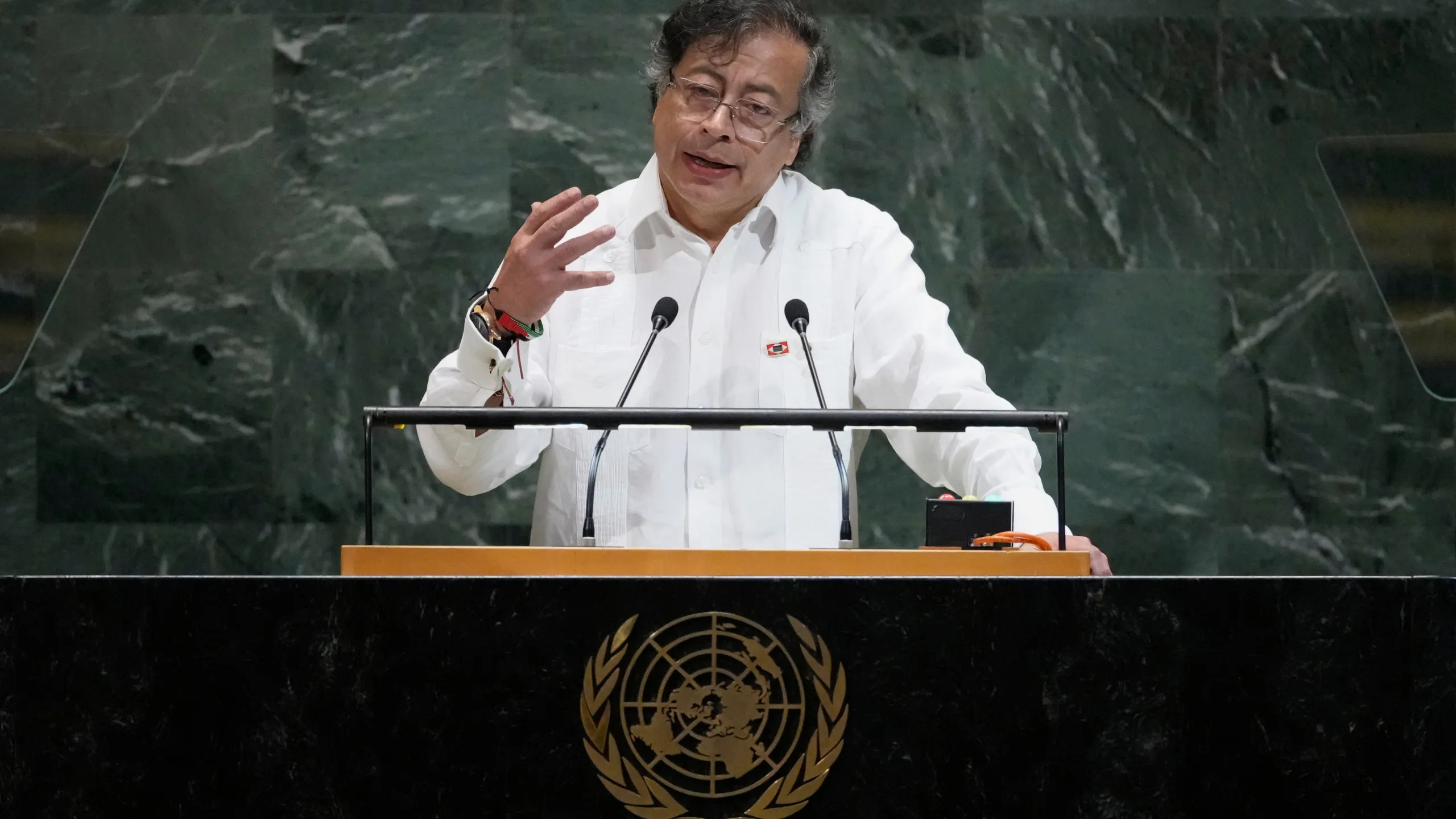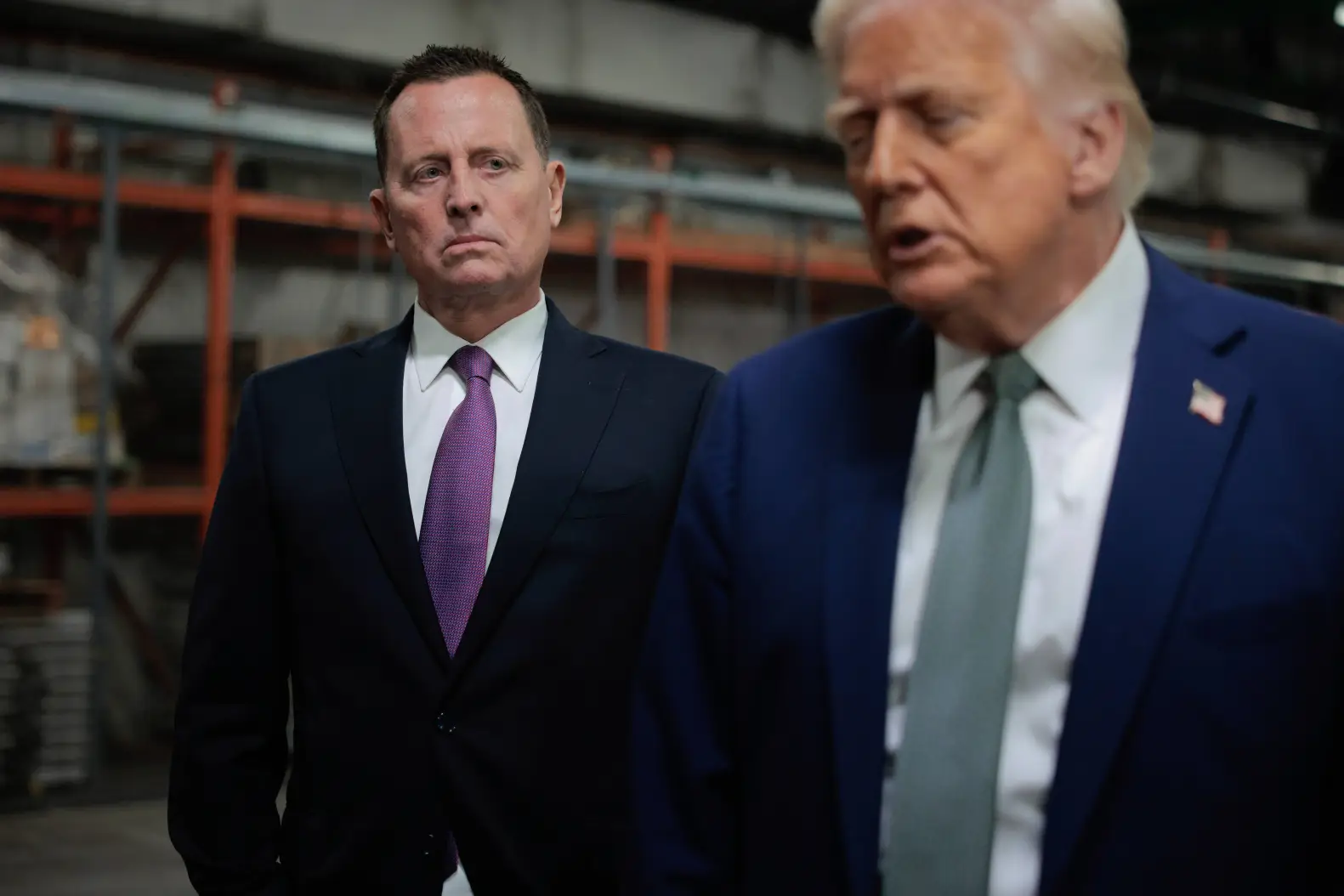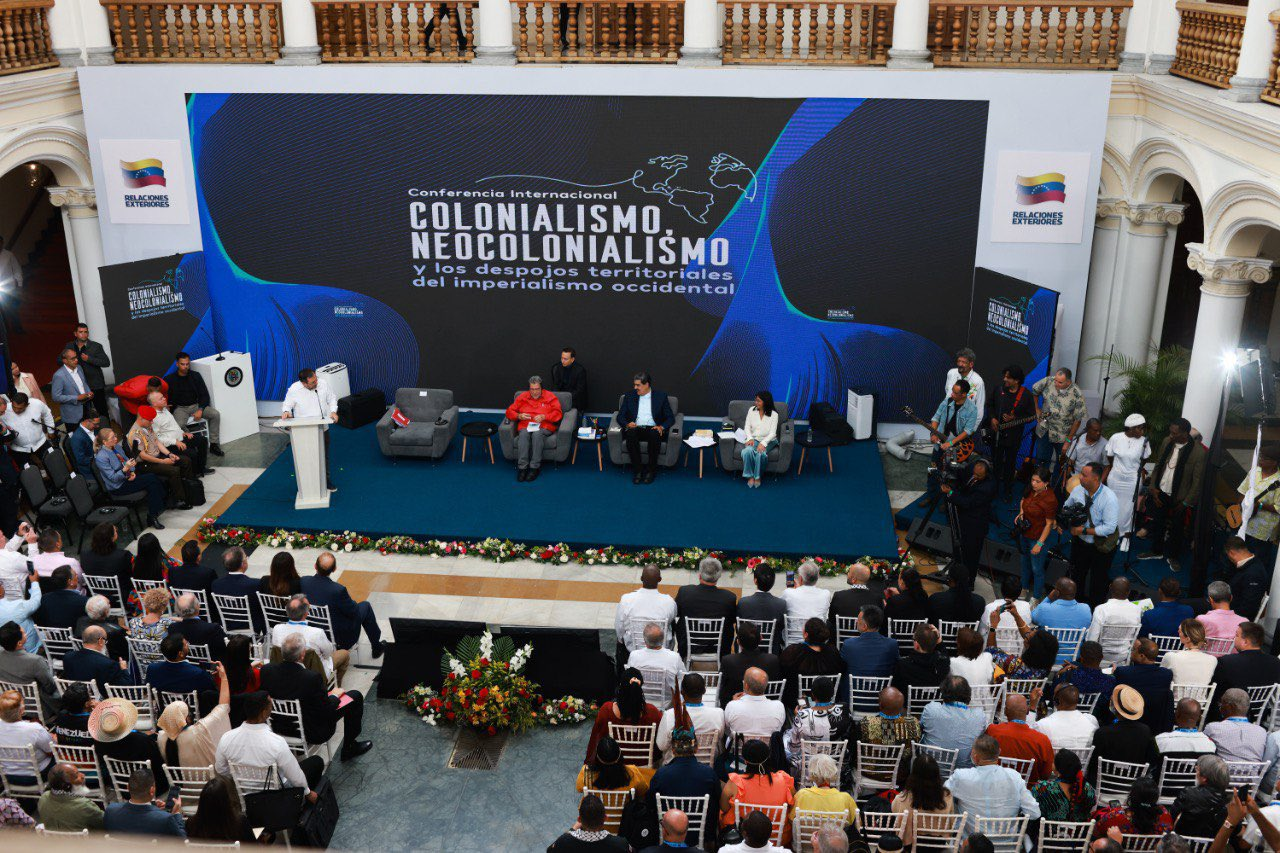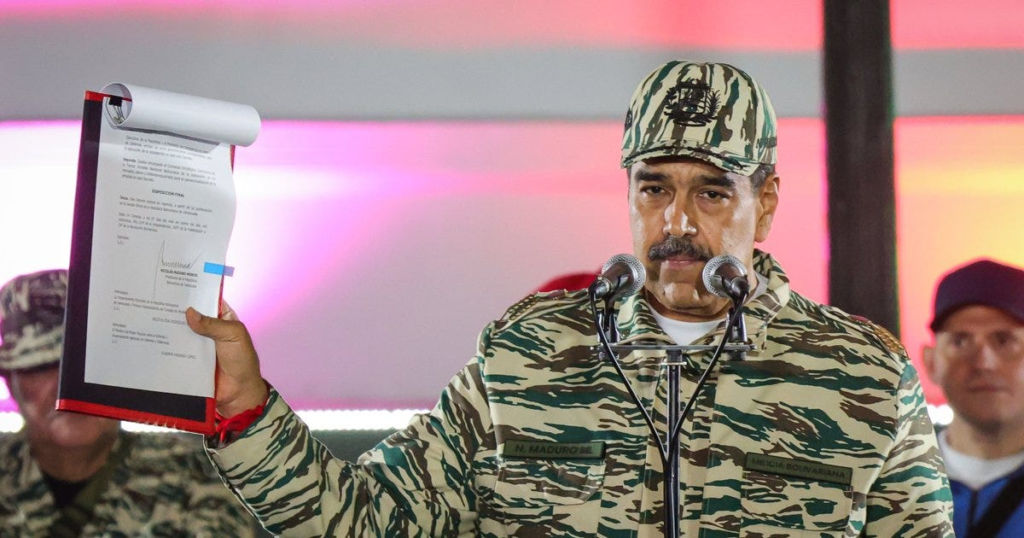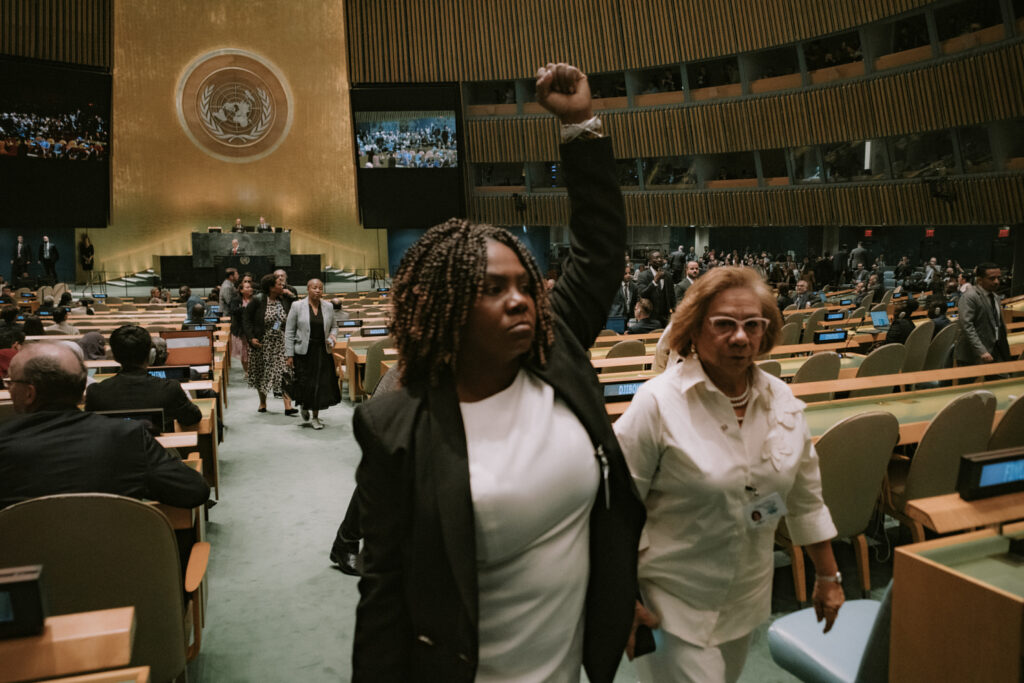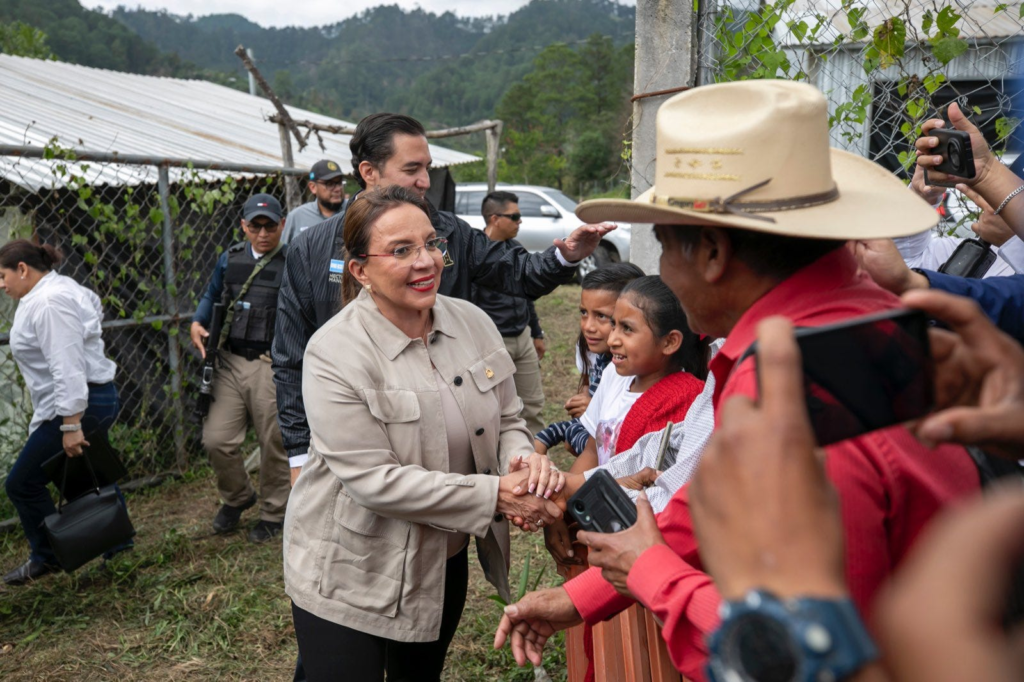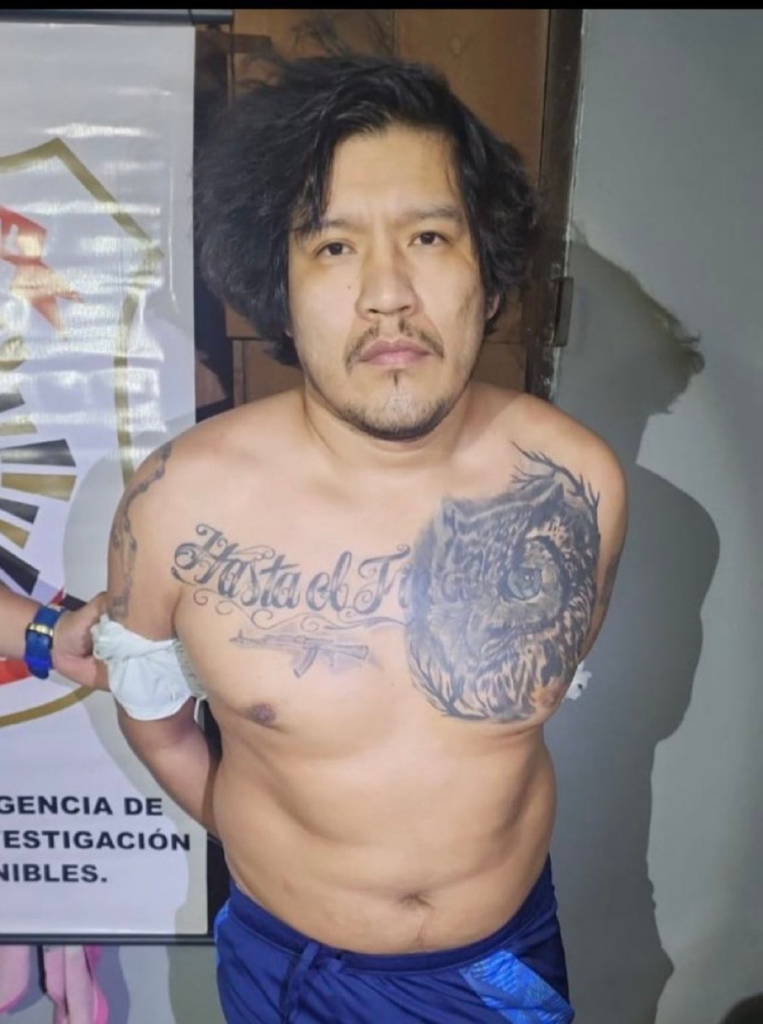Latin America’s newest progressive bloc gathered in Santiago this weekend to start the second Summit of ‘Democracia Siempre’, a small coalition of left-wing regional leaders, accompanied by complimentary guest – and the only non-American partner in the organization – Spain, established by Brazilian President Lula da Silva in conjunction with their Iberian partners within the framework of the 79th session of the United Nations General Assembly.
Chilean President Gabriel Boric will host his Brazilian counterpart, Luiz Inácio Lula da Silva; Uruguayan President Yamandú Orsi; Colombian President Gustavo Petro; and Spanish PM Pedro Sánchez this Monday morning at La Moneda Palace to talk multilateralism, housing affordability, strengthening democracy, and ways of combating misinformation.
The Summit will have a glitzy climate with prominent members of the intellectual community in attendance, including former socialist President Michelle Bachelet; Nobel Prize winner in Economics and academic Joseph Stiglitz; economist and development strategy specialist Ha-Joon Chang; and philosopher and metaphysician Susan Neiman. A musical will also be played during intermittent periods of the discussions on the top floor of the Ministry of Foreign Affairs building, overlooking the nation’s capital.
The progressive summit will also showcase numerous civil society organizations that plan to enlighten the meetings with noble ambitions of expanding democratic institutions throughout a region that for many decades has not been a welcoming party to such progress.
The meetings are set to kick off on Monday beneath the looming shadow of Trump tariff hikes that are marked to go into effect on the 1st of August. The posh shows and lofty social initiatives will take place in the midst of growing concerns over the ever-present dominance of inter-American trade fights that threaten the pact’s influence over almost every sector of its mandate.
Summits like these in this region have gone and withered for decades, international organizations such as these, formulated to counteract U.S. influence over Latin America, when eventually, donors, participants, and civil society organizations run out of town when they’ve realized that nothing is ever accomplished without the charitable hand of the United States government.
However, what seems to be most auspicious in this year’s summit is that some of the most ardent leaders pushing for the most reform in Latin America are those same leaders who are attempting to govern with the least amount of approval from their constituents. Each participant has their own glaring issues that ironically give off a perception of ineffectiveness, and perhaps one of the most notable cases is that of Gabriel Boric of Chile, the host of the Summit, himself.
CHILE
Boric is a lame-duck, operating with an approval rating of 22%-25%. Boric, the leader of Chile’s left-wing coalition, made up of several far-left parties that include Unidad por Chile (UC), home to the nation’s Communist Party, whose front-runner, Jeannette Jara, is second in the polls for November’s presidential elections. Most Chileans are dissatisfied with Boric’s management of the issues, including healthcare, education, taxes, and pensions, where his performance on his past promise of structural reform has been unsatisfactory. Chile is also undergoing slowed economic growth that is being felt across most sectors.
Boric also faces unprecedented tension amid divisions within his own ultra-left party, Frente Amplio, or Broad Front, over the party’s identity. Boric, whose political career rose on the backs of Marxist sentiments and increasingly socialist appetites to resolve the issues of society, later acknowledged the reality that such illusions met resistance with the more traditionally conservative history of Chilean politics. Multiple failed attempts at constitutional reform stirred controversy from moderates who thought his approach was a step too far. His failures ultimately left him impotent as his administration sat idle, disillusioned, when his presidency, too, struggled without an identity.
Boric also faces tariff hikes set to go into effect on August 1, as U.S. President Donald Trump seeks to reshore his nation’s copper industry. Last week, Trump announced a 50% tariff on Chilean copper, following several other tariff announcements that had steep ramifications for Latin American governments. The announcement led Boric to call for an emergency meeting with industry leaders in the sector to discuss options for a response to the upcoming tariffs. Most of Chilean copper is sold to China. However, the U.S. has been a reliable customer of the nation’s primary commodity.
Chile is heavily reliant on copper cathode exports, as the nation’s producers account for nearly 27% of global copper production, responsible for 10% of the country’s gross domestic product, and make up half of Chile’s export earnings. Meetings were held between producers and government officials who are now looking to diversify their customer base to offset costs.
BRAZIL
Lula da Silva of Brazil is not absolved of controversy either, consumed by his own diplomatic spat over U.S. tariffs for the better part of two weeks. Although the tariff issue between Lula and Trump was compounded by political disagreements, more than anything else.
President Lula of Brazil’s Partido dos Trabalhadores, PT, or Worker’s Party, gained political traction after coalescing segments of Brazil’s lower classes through a vision of restructuring the socioeconomic disparities in Brazilian society by a market-oriented approach, bringing together Brazil’s industrial groups, retailers, manufacturers, and private banks in partnership with Brazilian labor unions to formulate a more equitable return of wealth, and economic stability. This approach was later coined – Lulism. This has led to economic growth that has won Lula a favorability rating in Brazil that represents roughly half of the population.
However, Lula’s troubles are political in nature. He is mired in a trade dispute with the largest economic powerhouse in the world that is creating enemies for him at home, and may be subjected to sanctions imposed by the U.S. administration in conjunction with the European Union over his alleged political persecution of opposition leader, and ex-President Jair Bolsonaro.
Bolsonaro is currently under investigation and is set to stand trial for his alleged participation in what Lula calls an “attempted coup” following his electoral defeat against Lula in 2022. Donald Trump recently announced a 50% tariff on all Brazilian coffee exports, then later upped the ante, announcing a 50% increase on all Brazilian exports if a deal with the United States is not reached by the 1st of August. The U.S. State Department has also revoked the visas of controversial Brazilian Supreme Court judge and Lula ally, Alexandre de Moraes, and other members of the nation’s highest court. Trump has called for the Lula administration to cease its relentless targeting of Bolsonaro and has vowed to escalate consequences if Lula allies continue with what President Trump calls a “political witch hunt”.
Bolsonaro has promised to return to run in the next presidential bid in October of 2026, after a five-member panel of the nation’s highest election court judged in July of 2023 that Bolsonaro sowed distrust after his defeat, deeming him ineligible to run for the presidency until 2030.
Most Brazilian exports are sent to China, with revenues amounting to roughly $90 billion, as opposed to exports to the United States that amount to a little over $40 billion in 2024.
URUGUAY
Dubbed “the Switzerland of South America”, Uruguay has a long democratic tradition based on stable industry, high taxes, and stands as the first nation in the region to establish a comprehensive welfare state.
Yamandú Orsi of the Frente Amplio, FA, or Broad Front, began his term in March of 2025 and leads a country of almost four million people, and is the head of a small leftist faction of the Frente Amplio called Movimiento de Participación Popular, MPP, or the Movement of Popular Participation with ideals rooted in progressivism, democratic socialism, and social democracy. Although the FA had major victories with legislative seats in the last election, Orsi’s party was unable to secure a clean majority in the Chamber of Senators, certain to put up roadblocks before the administration’s legislative course.
Uruguay has had stable governance for years now, with both parties making concessions on principled issues in order to foster a more conciliatory approach to governance. The FA has compromised on a long-held defense of social security, for instance. Orsi has followed this recent precedent, making the Uruguayan head of state one of the more favorably viewed leaders in the region by his constituents.
However, Uruguay is not a heavy-weight in economic trade, and so, therefore carries little influence in strategic geopolitical affairs. Primary exports for Uruguay are woodpulp, and a historically strong beef industry with a diversified customer base, but with the United States being a significant importer. Trump’s 10% tariff on Uruguayan goods was brushed off by Orsi earlier this year, but he maintains the importance of diplomatic negotiations and partnership with the United States.
SPAIN
Spain also failed to escape the long reach of American tariffs last month when NATO held a summit January 24-25 at The Hague in the Netherlands. Tensions rose between the two governments when President Trump urged that European member states contribute more to defense spending, and the Spanish government of Prime Minister Pedro Sánchez refused, opting out of the joint measures.
Trump responded to Prime Minister Pedro Sánchez by accusing Spain of “wanting a free ride” and warned the government that “You’ll have to pay us back on trade with tariffs.” Sánchez said the measures were “doubly unfair.”
The left-wing Sánchez administration is facing mounting backlash from a dissatisfied Spanish citizenry who are unhappy with the government’s response to a worsening migrant crisis. Spain has endured massive flows of illegal migration in recent years, a trend that has wreaked havoc on most nations in Western Europe. More recently, however, European governments have begun to take measures to limit the flow of uncontrolled migration, fearing rising populist sentiment rallied by the migrant crisis, as populations from Africa and the Middle East have taken advantage of recent lax immigration policies, and are absorbing local resources of native European residents.
Numerous European countries have witnessed dramatic shifts to the political right, while Prime Minister Pedro Sánchez, whom constituents claim has done nothing to manage the issue of millions of undocumented migrants pouring into the country since 2016. More than 50,000 migrants, for instance, primarily from North Africa, have fled their native region just this year, finding refuge in the nearby Canary Islands, causing public Spanish outcries.
Tensions boiled over recently in the coastal town of Torre Pacheco in the eastern region of Murcia, when ethnic clashes erupted between native Spaniards and undocumented North African migrants after an elderly Spanish man was beaten by a group of Moroccan migrants who shared the brutal episode on social media.
Prime Minister Pedro Sánchez is increasingly unpopular among his constituents, enduring multiple scandals, and is currently subject to ongoing investigations over recent allegations of corruption.
Spain’s next presidential election is set to take place in the middle of 2027.
COLOMBIA
Former M19 rebel and ex-Senator, President Gustavo Petro of Colombia, has had a rough couple of weeks. First, conceding to President Trump over a diplomatic dispute involving members of the Petro government irresponsibly accusing the U.S. State Department of attempting to stage a coup, and overthrow the Petro administration.
Secondly, last night at the Congress’s final legislative session, members of the conservative party publicly denounced President Petro, demanding his resignation, shouting “FUERA PETRO!” in a show of utter public humiliation for the President, who is seen largely as a former naive revolutionary who is out of his depth.
With a recent Invamer poll, 16% of Colombians say that the country is heading in the wrong direction, and nearly 65% of voters say they disapprove of President Petro’s job performance. Petro has disappointed voters after failing to follow through on many of his ambitious legislative reforms.
Colombia is also facing upheaval in its rural mountainous regions in the north in Catatumbo, and the southern lowlands in Cauca, as warring groups of rebel/drug organizations continue to vie for power and the lucrative drug routes along the Ecuadorian border. Earlier this year, violence broke out between the FARC-dissident group, Frente 33, and Ejército de Liberación Nacional (ELN), or National Liberation Army, killing hundreds, and displacing approximately 50,000 people from their homes.
The Summit in Santiago has come off the back end of the 17th BRICS meeting that took place earlier this month in Rio de Janeiro, as tensions heighten with the United States over expanding Chinese influence in Latin America.
Left-wing governments are increasingly looking to the Pacific to leverage bargaining power over the North American giants, solidifying partnerships with the Asian superpower, cementing trade relations and investments in infrastructure, telecommunications, agriculture, construction and development, bank loans, and closer economic ties.
The challenge for these Latin American republics that yearn to distance themselves from American dependence and exert broader sovereignty and influence over the region is to do so in a political climate that is experiencing a growth in populist national sentiment and right-wing conservative politics. These emerging conservative voices, mounting in response to failing liberal administrations across the region, these conservative movements, as seen in Chile, Ecuador, Argentina, El Salvador, and Colombia, are pushing back on lofty promises like Petro’s “Total Peace”, for instance, with the Colombian rebel groups.
While these administrations present at the second ‘Democracia Siempre’ Summit push to exert more influence in their region, it will be a difficult task with platforms that are becoming increasingly less popular and with dwindling legislative support. Especially now that these administrations are on the last legs of their presidential terms, it will be difficult to recognize any runway that will permit these administrations to govern effectively.

